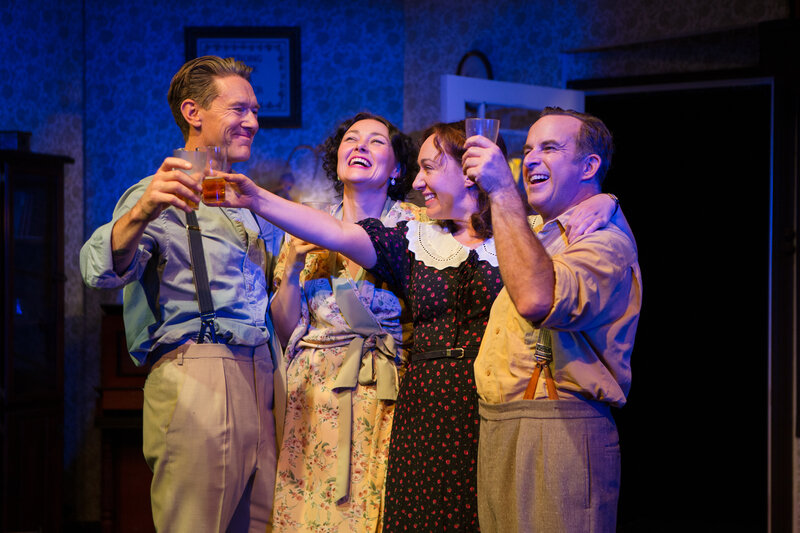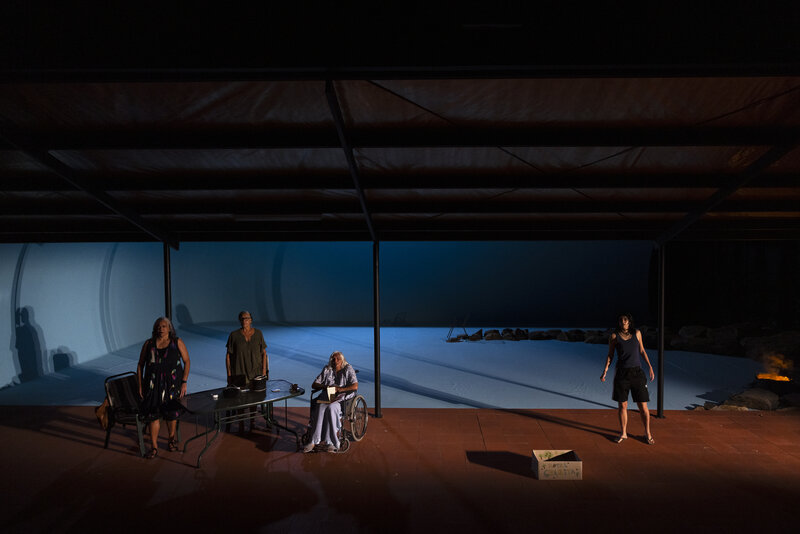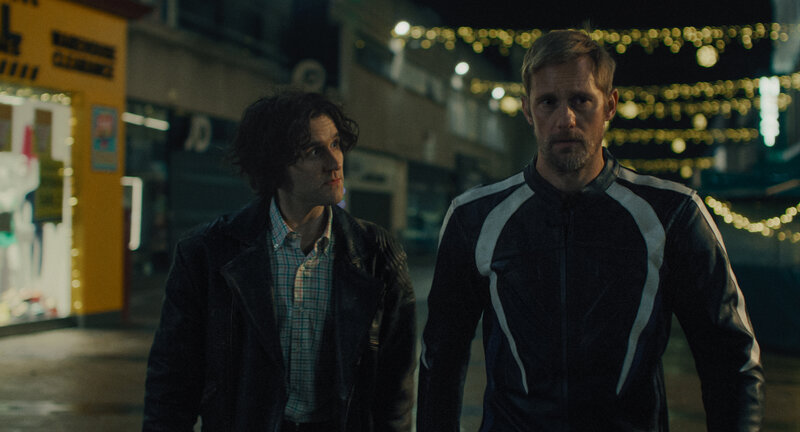Women waging war in the second act brings out the very finest of Chinese operatic theatre in a culturally spectacular performance that showcases awe-inspiring costuming and make-up. Dozens take to the stage, along with a supremely talented six-strong musical ensemble, to bring to life the Warrior Women of Yang, opulent and majestic.
The story is set during the Song Dynasty (960 AD – 1279 AD). During the reign of the Emperor of Mercy, General Yang Zongbao leads the Song army into battle against the invading regime of Western Xia. In a bloody battle, the General and most of the men of the Yang family are killed defending their country’s borders. The news devastates the surviving Yangs and the women vow revenge. They, too, are willing to put their lives on the line to battle the aggressors and that they do, ultimately with spectacular success.
 Warrior Women of Yang unfolds in eight scenes over two acts, lasting less than two hours, excluding interval. The China National Peking Opera Company, which is responsible for this production, was established in 1955 and now consists of three troupes. Over the past 60 years the artists, composers, playwrights and directors have staged more than 500 traditional, historic and modern material.
Warrior Women of Yang unfolds in eight scenes over two acts, lasting less than two hours, excluding interval. The China National Peking Opera Company, which is responsible for this production, was established in 1955 and now consists of three troupes. Over the past 60 years the artists, composers, playwrights and directors have staged more than 500 traditional, historic and modern material.
Cultural exchange is one of the company’s driving forces, namely helping to promote Sino-foreign relations, and if this show is any gauge it is certainly going about that the right way. It took me a while to warm to the unfamiliar strains of Chinese opera, but well into the first act it had worked its magic on me and before it was over I had developed a significant level of comfort with it. I do acknowledge, however, that some may find it a bridge too far.
I found the first act slow by comparison to the second. The latter featured remarkable feats of athleticism and the most elaborate and colourful costumes, as the showdown between the Yang women and the Western Xia reached a crescendo. While the set up to any story is critical, theatrically I would have liked to have seen more devices to bring the action to life before the break. Perhaps that first hour could even have been tightened.
 One bugbear of mine was that the surtitles were positioned on screens left and right of centre stage, so you had to look away to read about all that was happening. Above or below stage would have been far better. Nuance is an important ingredient of any production and there was a lot going on, so I was keen to concentrate on what was unfolding. Nevertheless, my overall sensation upon exiting the theatre was elation at what I had just seen – undoubtedly different, eye opening and eye catching, a triumph of high calibre artistes, both on and off stage.
One bugbear of mine was that the surtitles were positioned on screens left and right of centre stage, so you had to look away to read about all that was happening. Above or below stage would have been far better. Nuance is an important ingredient of any production and there was a lot going on, so I was keen to concentrate on what was unfolding. Nevertheless, my overall sensation upon exiting the theatre was elation at what I had just seen – undoubtedly different, eye opening and eye catching, a triumph of high calibre artistes, both on and off stage.
It’s traditional in Peking Opera for the audience to show their enjoyment throughout the performance by shouting “Hao”, which means “bravo”, and clapping, and that they did with gusto. Warrior Women of Yang is playing at the magnificent Regent Theatre until 12th November.
Alex First

David Edwards is the former editor of The Blurb and a contributor on film and television




